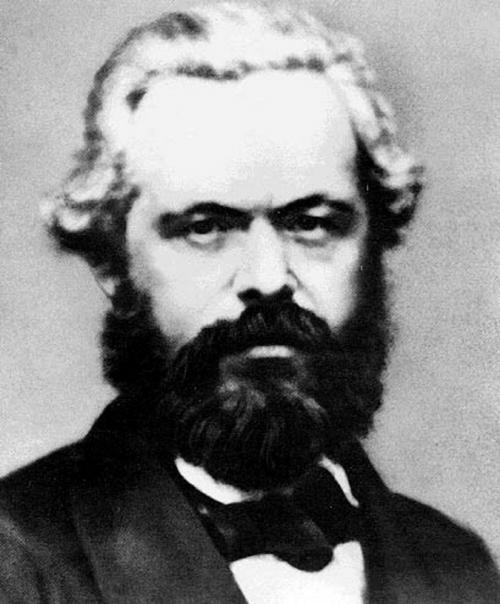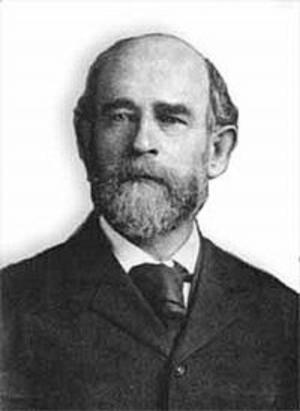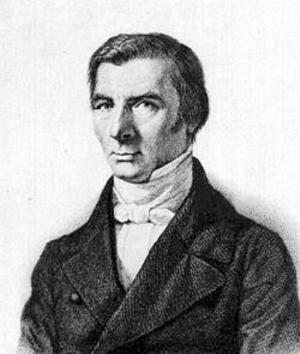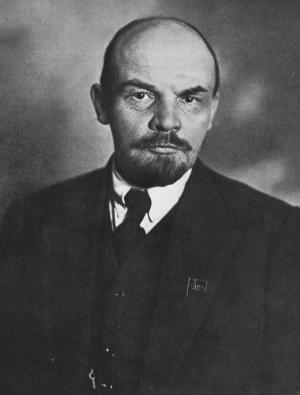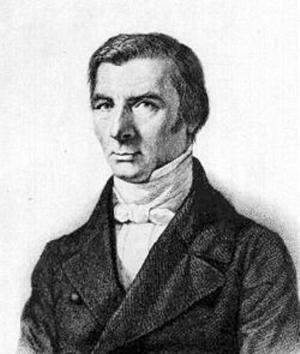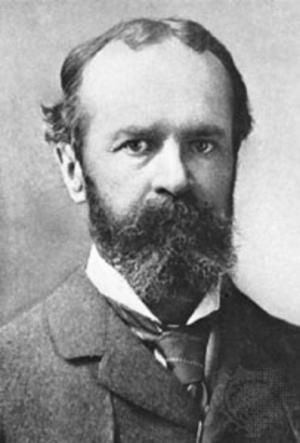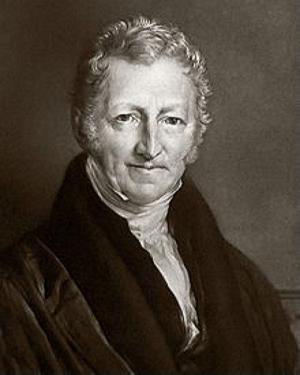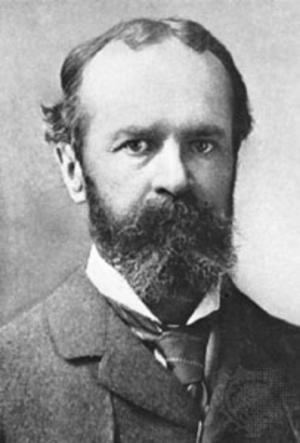The Communist Manifesto (Illustrated and Bundled with Imperialism, the Highest Stage of Capitalism)
Business & Finance, Economics, Microeconomics, Theory of Economics| Author: | Karl Marx, Friedrich Engels, Vladimir Ilyich Lenin | ISBN: | 1230000260767 |
| Publisher: | AS Team | Publication: | August 16, 2014 |
| Imprint: | Language: | English |
| Author: | Karl Marx, Friedrich Engels, Vladimir Ilyich Lenin |
| ISBN: | 1230000260767 |
| Publisher: | AS Team |
| Publication: | August 16, 2014 |
| Imprint: | |
| Language: | English |
The book has an active table of contents for readers to access each chapter of the following titles:
1) The Communist Manifesto – Karl Marx and Friedrich Engels
2) Imperialism, The Highest Stage of Capitalism – V.I. Lenin
Marx and Engels presented an analytical approach to the class struggle and the problems of capitalism in The Communist Manifesto. The book also contains their ideas for how the capitalist society of the time would be replaced by socialism, and then eventually communism. However, the book is lack of detailed potential future forms of communism.
It was Lenin who took the theories of The Communist Manifest to the next level for delivery and implementation of a truly socialistic country.
Lenin pointed out in the book, Imperialism, the Highest Stage of Capitalism, that the merging of banks and industrial cartels gave rise to finance capital, the basis of imperialism and the zenith of capitalism. In pursuing greater profits than the home market can offer, business exports capital, which, in turn, leads to the division of the world, among international, monopolist firms, and to European states colonizing large parts of the world, in support of their businesses. Imperialism, thus, is an advanced stage of capitalism based upon the establishment of monopolies, and upon the exportation of capital, managed with a global financial system, of which colonialism is one feature.
The collected thoughts by Marx and Lenin in the two books had a strong influence on many communist leaders to replicate October Revolution Model through overthrowing a ruling party with an armed revolution.
Many of arguments in the collection by Karl Marx and Lenin appear familiar for globalization today. However, As British Prime Minister Winston Churchill once said “He (Lenin) alone could have found the way back to the causeway... The Russian people were left floundering in the bog. Their worst misfortune was his birth... their next worst his death.”
Communist solution of building Soviets to address issues of Capitalism is catastrophic to the world. An estimated 70 million people may have died under the soviet regime. The human cost was enormous. Yet despite all this, Lenin’s Soviets was worshipped by millions as a great model by other countries including North Korea today.
History is a mirror for us. Reading the collection written by Marx and Lenin, we can have a second thought on globalization and our future direction. This can help us avoid paying unnecessary human cost we made in the past by socialistic countries including Soviets and China.
This is a must-read book to understand the foundational thought of a communist party and the nature of a socialistic country.
The book has an active table of contents for readers to access each chapter of the following titles:
1) The Communist Manifesto – Karl Marx and Friedrich Engels
2) Imperialism, The Highest Stage of Capitalism – V.I. Lenin
Marx and Engels presented an analytical approach to the class struggle and the problems of capitalism in The Communist Manifesto. The book also contains their ideas for how the capitalist society of the time would be replaced by socialism, and then eventually communism. However, the book is lack of detailed potential future forms of communism.
It was Lenin who took the theories of The Communist Manifest to the next level for delivery and implementation of a truly socialistic country.
Lenin pointed out in the book, Imperialism, the Highest Stage of Capitalism, that the merging of banks and industrial cartels gave rise to finance capital, the basis of imperialism and the zenith of capitalism. In pursuing greater profits than the home market can offer, business exports capital, which, in turn, leads to the division of the world, among international, monopolist firms, and to European states colonizing large parts of the world, in support of their businesses. Imperialism, thus, is an advanced stage of capitalism based upon the establishment of monopolies, and upon the exportation of capital, managed with a global financial system, of which colonialism is one feature.
The collected thoughts by Marx and Lenin in the two books had a strong influence on many communist leaders to replicate October Revolution Model through overthrowing a ruling party with an armed revolution.
Many of arguments in the collection by Karl Marx and Lenin appear familiar for globalization today. However, As British Prime Minister Winston Churchill once said “He (Lenin) alone could have found the way back to the causeway... The Russian people were left floundering in the bog. Their worst misfortune was his birth... their next worst his death.”
Communist solution of building Soviets to address issues of Capitalism is catastrophic to the world. An estimated 70 million people may have died under the soviet regime. The human cost was enormous. Yet despite all this, Lenin’s Soviets was worshipped by millions as a great model by other countries including North Korea today.
History is a mirror for us. Reading the collection written by Marx and Lenin, we can have a second thought on globalization and our future direction. This can help us avoid paying unnecessary human cost we made in the past by socialistic countries including Soviets and China.
This is a must-read book to understand the foundational thought of a communist party and the nature of a socialistic country.
